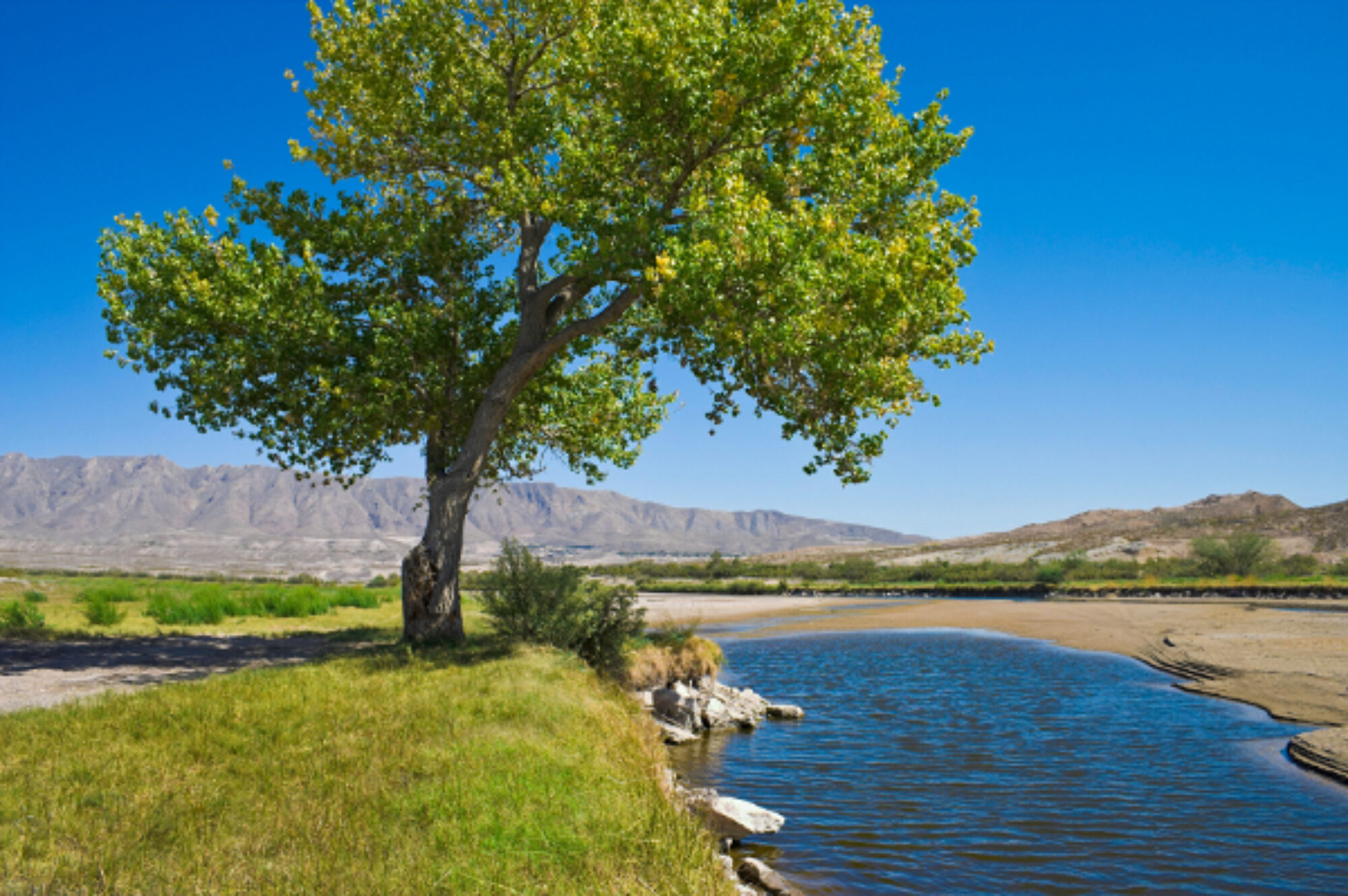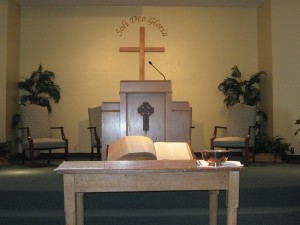On Sunday, Pastor Nick Hathaway from Liberty Church PCA preached on Matthew 21:12-17:
Jesus entered the temple area and drove out all who were buying and selling there. He overturned the tables of the money changers and the benches of those selling doves. “It is written,” he said to them, “‘My house will be called a house of prayer,’ but you are making it a ‘den of robbers.’”
The blind and the lame came to him at the temple, and he healed them. But when the chief priests and the teachers of the law saw the wonderful things he did and the children shouting in the temple area, “Hosanna to the Son of David,” they were indignant.
“Do you hear what these children are saying?” they asked him.
“Yes,” replied Jesus, “have you never read,
‘From the lips of children and infants
you have ordained praise’?”
And he left them and went out of the city to Bethany, where he spent the night.
If you missed the sermon, you can listen to it here:
[mejsaudio src=”http://pasadena-ep.org/wp-content/uploads/sermons/nick_2012-09-2_Jesus_Overturning.mp3″]
Here are some questions to think about:
- Read Malachi 3:1-5. Was this prophecy fulfilled in the cleansing of the temple? In verse 5 the Lord says who he will be against. Who is he for? Read Psalm 69:9,26,33. How or why would anyone reproach the Lord? If the Lord has struck someone down, made them needy, wounded, or imprisoned how should we act toward such people? What does this have to do with zeal for God’s house?
- Read Isaiah 56. To whom does the Lord wish to give a monument and a name to in his house? Who will the Lord bring to his holy mountain to minister to Him and pray to Him? Who does the Lord condemn in this passage (verses 9-12)?
- Read Jeremiah 7:1-15. Where does the Lord tell Jeremiah to stand to deliver his message? Where do you think the men of Judah were placing their trust (verse 4)? What sin is listed right along with murder and idolatry (verse 6)? What happens if they obey (7)? How had the temple become a den of robbers (Look at the example of Shiloh in 1 Samuel 2)? How can people rob God?









 The following book review was written by Pastor Tom Wenger, Sr. and originally appeared in the PEP Talk on April 17, 2011. David Van Drunen’s book
The following book review was written by Pastor Tom Wenger, Sr. and originally appeared in the PEP Talk on April 17, 2011. David Van Drunen’s book  The PCA magazine byFaith recently launched an
The PCA magazine byFaith recently launched an 